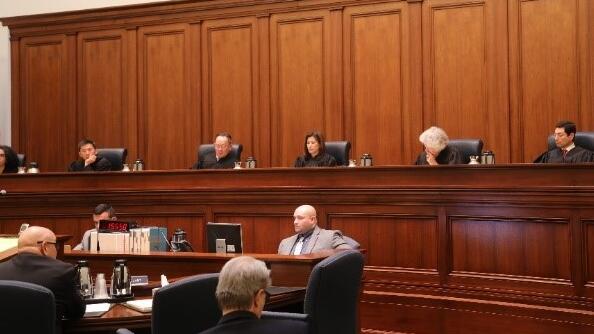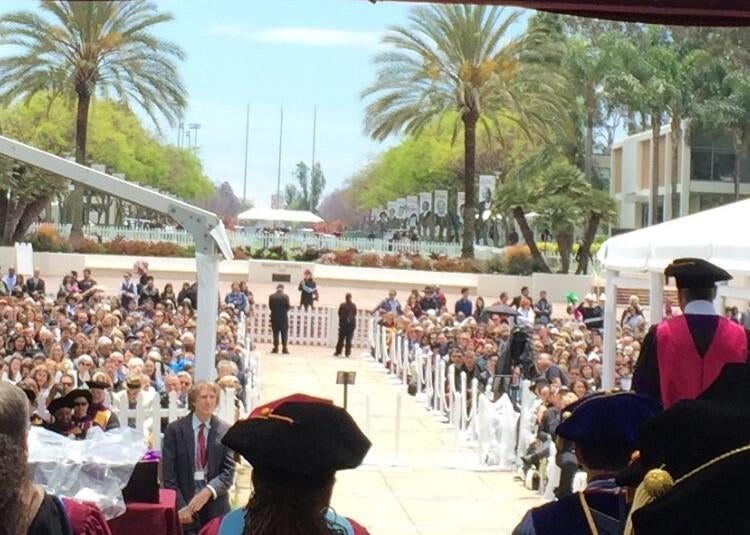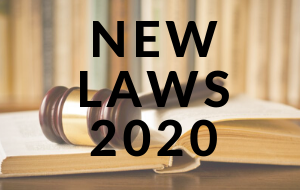Supreme Court Attorneys Give Back
SAN FRANCISCO—Forty attorneys from the California Supreme Court and First Appellate District in San Francisco joined forces in 2019 to log hundreds of hours of pro bono legal work.
“I am inspired to see our attorneys, who have dedicated themselves to public service, seek out new ways to use their legal skills for the benefit of people and organizations in need,” Chief Justice Tani Cantil-Sakauye said.
Hearing a growing interest among colleagues for pro bono work, staff attorney Erin Rosenberg launched a listserve to connect attorneys with opportunities that meet the guidelines for judicial attorneys. The need is immense: experts say legal aid programs are unable to give even basic legal help to two-thirds of California’s poor.
“We have a wonderful, important job that serves the public at a high level in the judicial system, but we have a desire to help with our boots on the ground,” said Rosenberg, who works in the chambers of Chief Justice Cantil-Sakauye. “There’s a desire to do more in the community.”
During 2019, the judicial attorneys volunteered in many capacities:
- A teenage boy from El Salvador was recently granted asylum due to a hearing disability he was unable to get adequate care for in his home country. Judicial attorneys researched conditions in El Salvador to use as supporting documentation in the case, led by a nonprofit that represents unaccompanied immigrant and refugee children.
- A man in Texas got his identification card, and with it the ability to vote, thanks to judicial attorneys who worked with VoteRiders, a non-partisan, non-profit group that works to make sure all citizens can exercise their right to vote.
- Throughout the year, judicial attorneys served as mock judges for moot court competitions. Last month, they presided over the National Moot Court Regional Competition, which included teams from Berkeley Law, UC Davis School of Law, Golden Gate University School of Law, and the McGeorge School of Law. Judicial attorneys also served as mock judges for two teams of students with the Hastings Appellate Project as they prepared to argue the immigration case Aguirre v. Whitaker before the Ninth Circuit Court of Appeals. The students' petition for review was granted.
- Ten judicial attorneys took part in re-entry clinics for formerly incarcerated people. In those clinics, led by the nonprofit Root & Rebound, attorneys answered questions such as how to expunge convictions that may interfere with getting a job or housing.




